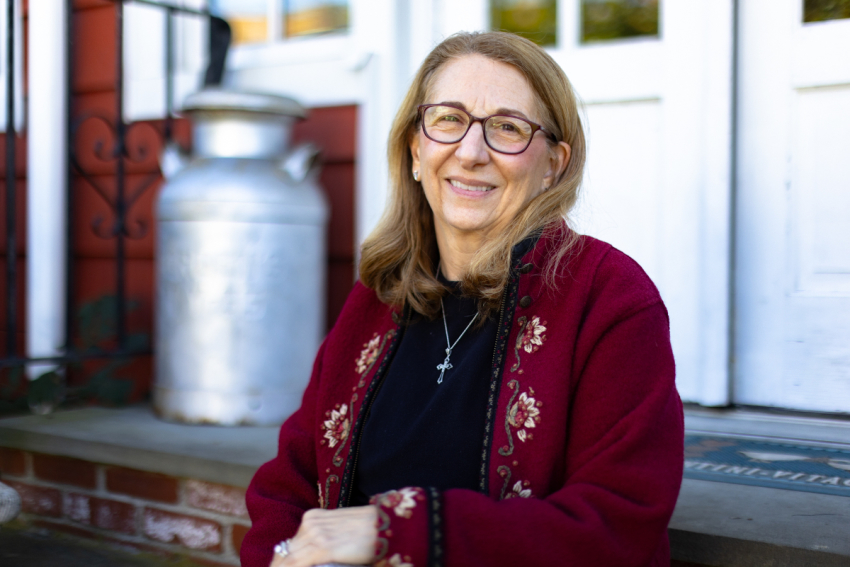Supreme Court declines challenge to abortion clinic 'bubble zone' law

The U.S. Supreme Court has declined to hear a case challenging a New York county's law establishing "bubble zones" around abortion facilities as the effort to reverse a previous ruling finding similar restrictions constitutional continues.
In a list of orders published Monday, the Supreme Court denied without comment the petition for a writ of certiorari in the case of Debra A. Vitagliano v. County of Westchester, NY.
The denial means that a lower court ruling issued by the 2nd U.S. Circuit Court of Appeals earlier this year dismissing the challenge to Westchester County's "bubble zone" law stands.
The appellate court cited the Supreme Court's 2000 decision in Hill v. Colorado upholding a similar law as the reason it rejected Vitagliano's First Amendment challenge.
In both cases, laws enacted by the respective state and local governments prohibited individuals from engaging in "oral protest, education, or counseling" within eight feet of any person standing within 100 feet of an abortion center.
Passed last year, the Westchester County Reproductive Health Care Facilities Access Act punishes violators with a fine of up to $1,000 and/or a prison sentence of up to six months. All subsequent violations come with a maximum penalty of a $5,000 fine and/or a year in prison.
The law contains a provision enabling "any person whose ability to access the premises of a reproductive health care facility has been interfered with, and any owner or operator of a reproductive health care facility or owner of a building in which such facility is located, and any employee, paid, or unpaid, and any volunteer working for such facility, and any invitee" to bring a civil action against any person they believe violated the law.
The measure also allows the county to take civil action to "prevent or cure a violation" of the law.
A devout pro-life Catholic occupational therapist, Vitagliano's lawsuit was filed in November 2022, five months after the "bubble zone" law was approved.
A federal district court dismissed her case, citing the Hill decision and contending that she did not have standing to bring the lawsuit because she had not been harmed by the law.
While the 2nd Circuit agreed with the lower court that the precedent set by the Hill ruling merited the case's dismissal, the appellate court determined that Vitagliano did have standing to file the lawsuit.
One month after the 2nd Circuit's June ruling against Vitagliano, she filed a petition asking the Supreme Court to reconsider its previous ruling in Hill.
The Becket Fund for Religious Liberty, which has represented Vitagliano throughout the litigation, addressed the client's concerns with the "bubble zone" law.
"Governments should not try to outlaw peaceful conversations on public sidewalks, and they certainly shouldn't make it harder for women to get complete information," said Becket CEO and President Mark Rienzi in a statement. "It's time for the court to fix its mistake in Hill and make clear that the law protects people like Debra Vitagliano who want to offer help to women in need."
Over the summer, 14 Republican state attorneys general submitted a friend-of-the-court brief supporting Vitagliano's appeal, arguing that the Hill decision was in error.
"Without Hill, there would be no doubt that restrictions like the County of Westchester's must survive strict scrutiny," they wrote.
"But Hill has allowed the government to infringe on First Amendment rights for over
twenty years and counting. Speech about a contested political issue belongs on public sidewalks, and this Court should allow it to fully return there."
Ryan Foley is a reporter for The Christian Post. He can be reached at: ryan.foley@christianpost.com



























